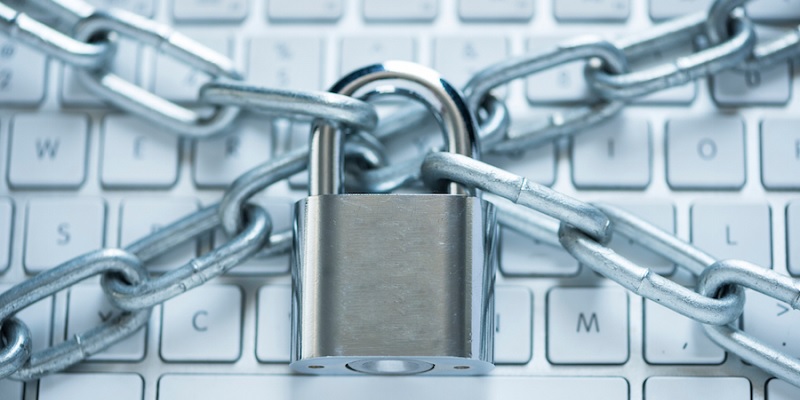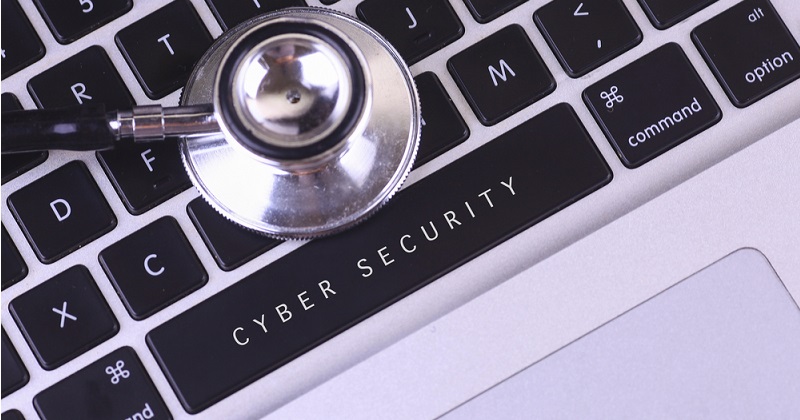Today, a lot of official work for any enterprise happens online and therefore the concept of Bring Your Own Device or BYOD has gained prominence as mobile instruments like cell phones, tablets, laptops, etc. are used as primary devices for carrying out official work. However, the risk of data leaks and exposure is higher when employees carry the enterprise-issued devices to various places.
To ensure a good control on such leaks Core Technologies Services, Inc. often recommends educating the employees and classifying information for the convenience of users.
Below are 3 ways to limit data leaks and mitigate any incidents in a more seamless manner:
Classification: Informing the user whether the data is sensitive enough to be placed in the Cloud is one way to limit unwanted data exposure. This ‘labeling’ will ensure unnecessary data to be placed in a device and only sensitive information makes its way to Cloud. Another way of accessing sensitive data is by providing two-point verification so that an additional measure of safety is implemented to ensure data security.
Policy review: To make the process of securing data exhaustive, policies must be reviewed and revised to accommodate the use of BYOD. Also, incident response plans and cover for data-loss from technology, legal, media, etc. must be planned ahead to make it easy going for the users.
Education: Educating the employees about Cloud security and classification of personal data from enterprise data and its storage in Cloud platform; along with its negative effects and the long-term impact would be a good starting point to prevent any data leaks.
Data leaks – of both personal and corporate information, are often due to the negligence and improper use of resources that often increases the risk of misuse of important information. CoreIT advises the users to be careful while using personal devices connected to Cloud to prevent any data leaks or wrongful exposure of sensitive information.




